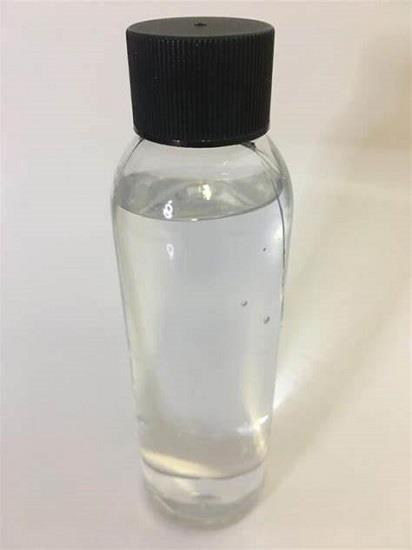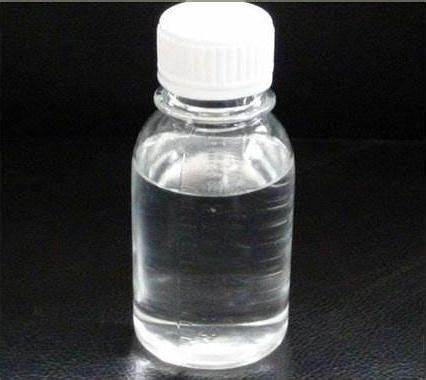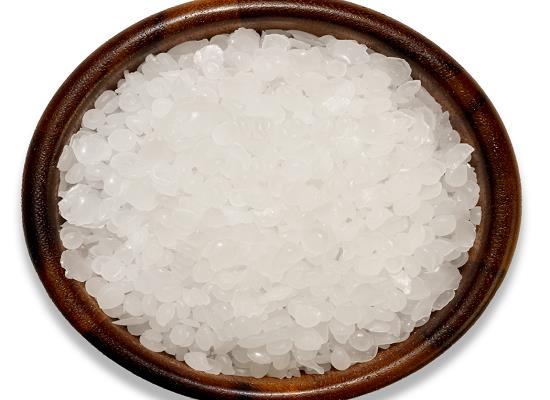Enhancing 1,3-Propanediol Production Through Enzyme Engineering and RBS Optimization
Background
Synthetic biology and metabolic engineering technologies are the key to the construction of microbial cell factories. Synthetic biology combines engineering and biology to design and construct novel biomolecular components, networks and pathways, and use these constructs to rearrange and reprogram organisms. With the development of synthetic biology and metabolic engineering, microorganisms have made great progress in the efficient synthesis of chemicals.
DuPont integrated the glycerol production pathway from yeast and the 1,3-propanediol (1,3-PDO) pathway from Klebsiella pneumoniae in Escherichia coli, and modified more than 70 genes, which successfully realized the production of 1,3-PDO from glucose as raw material. The output reached 135 g⋅L−1 and the production intensity reached 3.5 g⋅L−1·h−1. The systematic fermentation and separation purification system was established, which was put into production in 2006. These examples all prove the feasibility of microorganisms to synthesize chemicals efficiently.1 This article will introduce other novel biosynthesis methods of 1,3-propanediol.
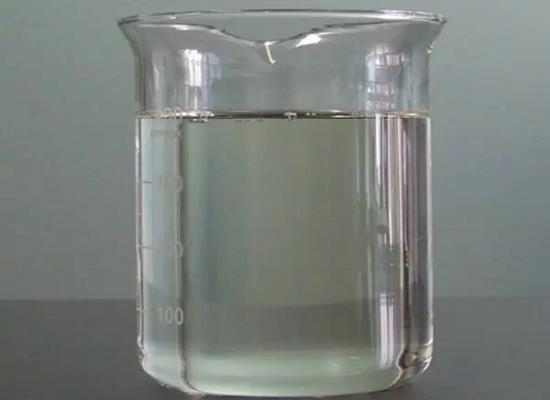
Figure 1. 1,3-Propanediol
Transformation of Glycerol
Bo Yang and colleagues constructed the engineered E. coli for efficient transformation of glycerol to 1,3-propanediol (1,3-PDO). To regenerate NADPH, the key bottleneck in 1,3-Propanediol production, heterologous NADP+-dependent glyceraldehyde-3-phosphate dehydrogenase (GAPDN, encoded by gapN) pathway was introduced, and the gapN expression level was fine-tuned with specific 5’-untranslated regions (5’-UTR) sequences to balance the carbon flux distribution between the metabolic pathways of NADPH regeneration and 1,3-Propanediol biosynthesis. Additionally, glucose was added to the medium to promote glycerol utilization and cell growth. To elevate the utilization of glycerol in the presence of glucose, E. coli JA11 was constructed through destroying PEP-dependent glucose transport system while strengthening the ATP-dependent transport system. Subsequent optimization of nitrogen sources further improved 1,3-Propanediol production. Finally, under the optimal fermentation condition, E. coli JA11 produced 13.47 g/L 1,3-PDO, with a yield of 0.64 mol/mol, increased by 325% and 100% compared with the original engineered E. coli JA03, respectively.2
RBS Sequences
Optimization
The synthesis of 1,3-propanediol involves optimizing ribosome binding site (RBS) sequences to enhance the efficiency of enzyme translation. According to recent studies, varying the strength of RBS sequences directly impacts the expression levels of key enzymes involved in the biosynthetic pathway from glucose to 1,3-propanediol. For instance, stronger RBS sequences promote higher expression levels of enzymes like L-aspartate decarboxylase, which converts L-aspartate into 3-hydroxypropionic acid (3-HP), a crucial precursor in 1,3-propanediol production. By strategically selecting RBS sequences, researchers can achieve a balance between enzyme expression levels and cellular growth, crucial for maintaining metabolic flux towards 1,3-propanediol synthesis.
Impact on Metabolic Flux and Production Yield
Moreover, the optimization of RBS sequences not only affects enzyme expression but also influences metabolic flux and production yields of 1,3-propanediol. Studies demonstrate that RBS sequence strength significantly influences the metabolic pathway's efficiency by regulating the translation rates of enzymes involved in converting intermediates like 3-HP into 1,3-propanediol. Through systematic screening and selection of optimal RBS sequences, researchers have successfully increased the production of 1,3-propanediol in engineered Escherichia coli strains, achieving notable improvements in both yield and productivity. These findings underscore the critical role of RBS optimization in metabolic engineering strategies aimed at enhancing bioproduction of 1,3-propanediol from renewable carbon sources like glucose. 3
References:
[1] YANG ZHANG. Efficient production of chemicals from microorganism by metabolic engineering and synthetic biology[J]. Chinese Journal of Chemical Engineering, 2021, 30: 1-322. DOI:10.1016/j.cjche.2020.12.014.[2] BO YANG . Metabolic engineering of Escherichia coli for 1,3-propanediol biosynthesis from glycerol[J]. Bioresource Technology, 2018, 267: 1-802. DOI:10.1016/j.biortech.2018.07.082.
[3] MINGDA LI J L Yang Zhang, TIANWEI TAN*. Biosynthesis of 1,3-Propanediol via a New Pathway from Glucose in Escherichia coli[J]. ACS Synthetic Biology, 2023, 12 7: 1874-2207. DOI:10.1021/acssynbio.3c00122.
You may like
Related articles And Qustion
Lastest Price from 1,3-Propanediol manufacturers
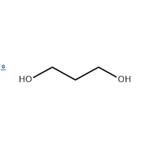
US $0.00-0.00/KG2025-12-03
- CAS:
- 504-63-2
- Min. Order:
- 1KG
- Purity:
- 98
- Supply Ability:
- 10000KGS

US $0.00/kg2025-08-05
- CAS:
- 504-63-2
- Min. Order:
- 1kg
- Purity:
- 99%
- Supply Ability:
- 200 tons

